Pastor’s Corner (7/23/20)
“The heart is like a garden. It can grow compassion or fear, resentment or love.”
Author, Jack Kornfield
This quote really struck me as finishing touches are being added to our prayer garden here at FCC. Pictures can be found on our website and our Facebook page that display the blooming serenity of this outdoor space. In the midst of our busy downtown location, as cars rush down 16th and K streets, it is a joy to find this small oasis. In these days of physical distancing, the garden spot makes a nice place to gather in small groups. It is also the ideal spot for solitary reflection and prayer. As we see the blooms bursting forth, Kornfield’s quote resonates. We find ourselves in a time when fear and resentment are growing. In the midst of COVID-19, it is easy to be overcome by fear, ours and all those swirling around us.
As we strive to take precautions, through physical distancing and wearing masks, we may find ourselves overcome by fear. Kornfield invites us instead to nurture compassion and love. As we take precautions we are reminded that we do this not only out of a sense of self-love, but also out of a sense of love and compassion for others, particularly the most vulnerable in our midst. Sometimes I find it easier to do something for others, such an impulse is a good one in these times.
One of the often under-addressed dynamics in these days is that of resentment. One definition of the noun resentment is: “bitter indignation at having been treated unfairly.” Fear and anxiety can breed and nourish resentment. Sadly, small resentments left unacknowledged and unattended nurture the growth of larger ones. What may simply begin as annoyance or indignation can grow to anger and rage. At the root of resentment is the sense that one has been treated unfairly or unjustly. As we confront issues of unfairness, injustice, and racism in our country, resentment often rears its ugly head. It is tempting to be side-tracked by a sense that others want something they do not merit or deserve. There is also that sense that if we give “something” to others there will be less for us.
Resentment can thrive on a sense of scarcity. While it is true that unfairness and injustice abound, the challenge is confronting resentment and allowing our experience to empower us towards action. Resentment can eat us alive from the inside if we dwell on it or we can use it as fuel that empowers us to fight for fairness and justice for everyone. Love, for ourselves and others, is the best treatment for resentment.
May we be empowered to nourish the blooms of compassion and love, they will choke out the weeds of fear of resentment.
With love and joy,
Pastor Karen


